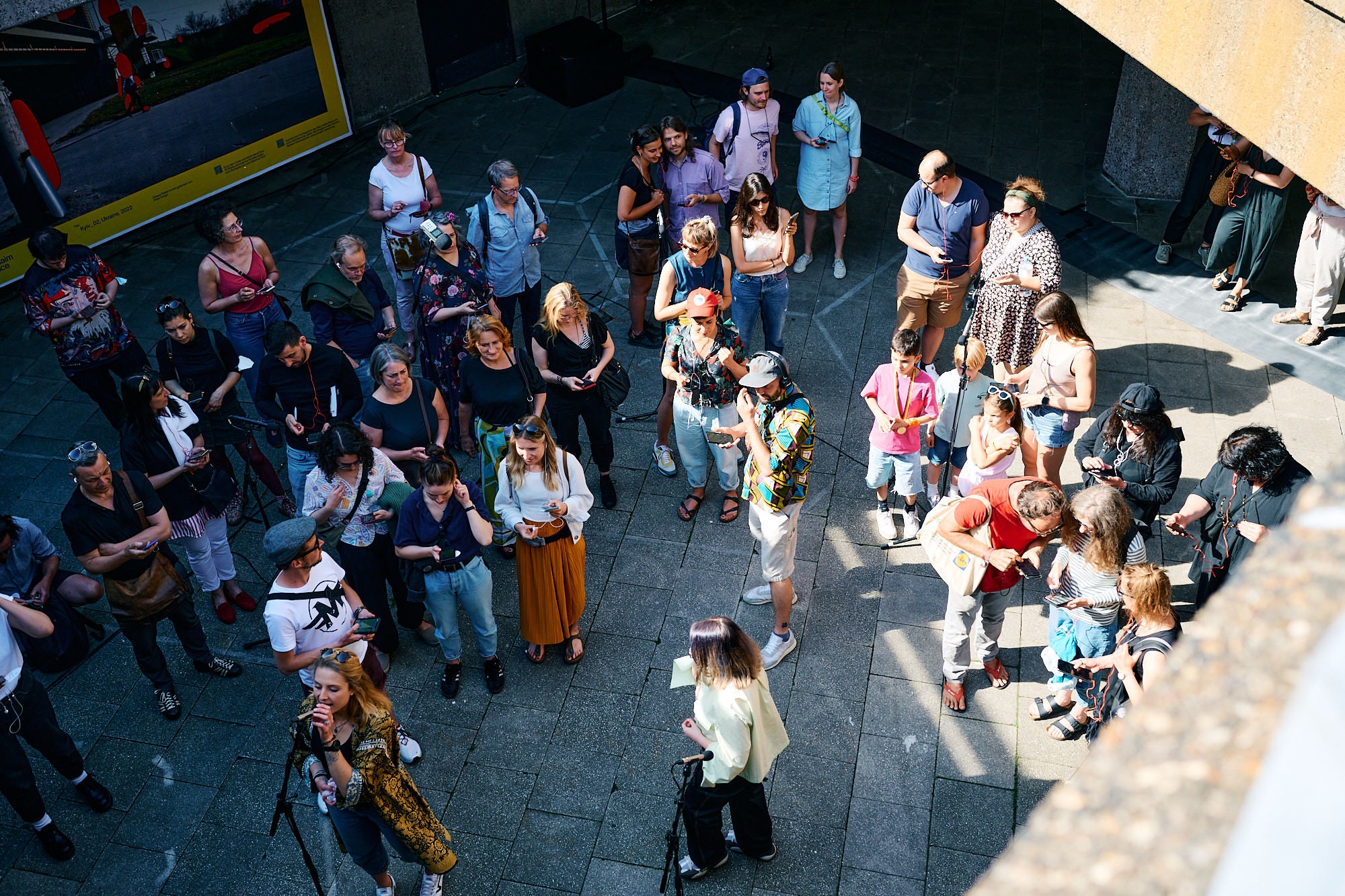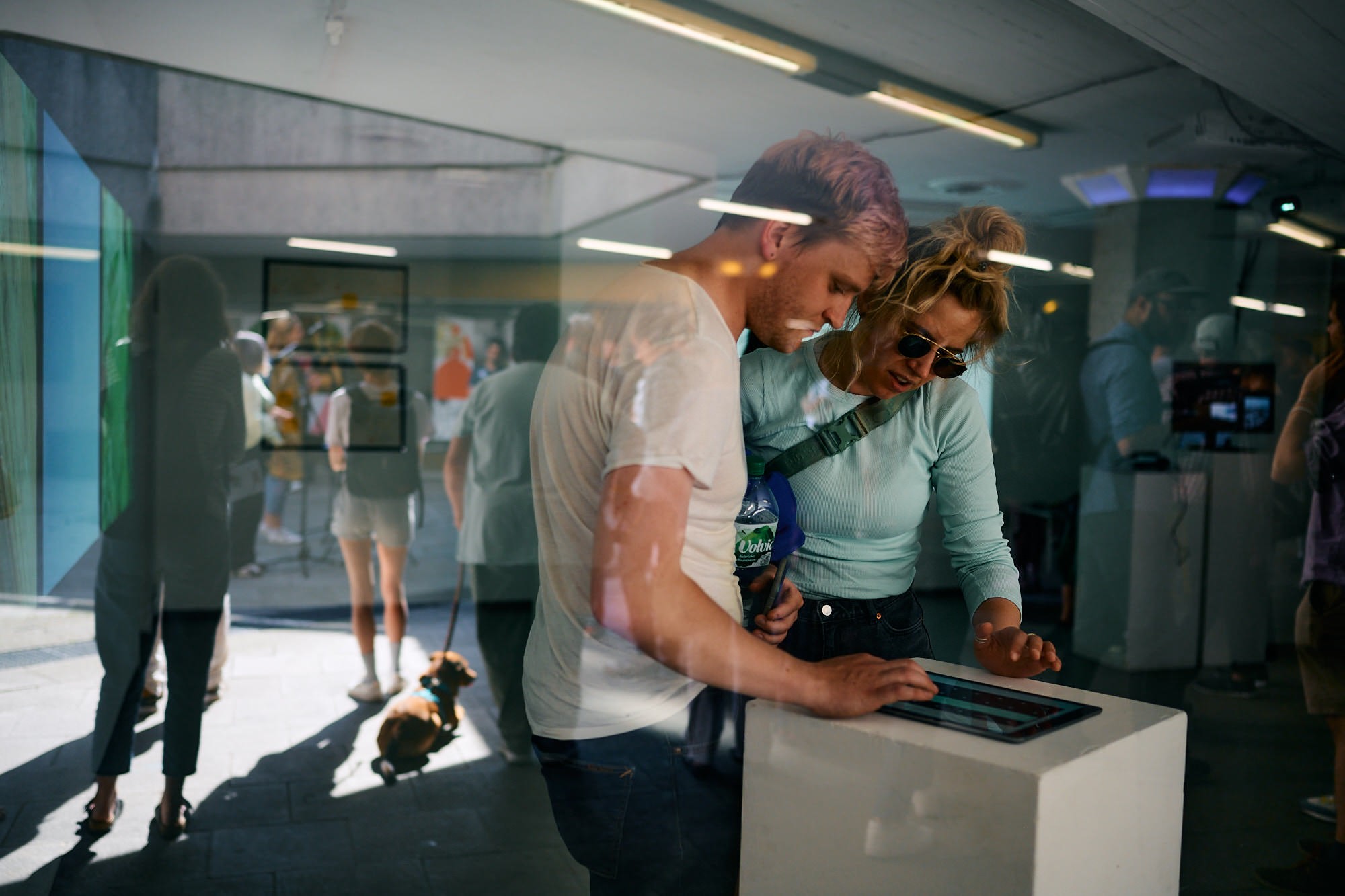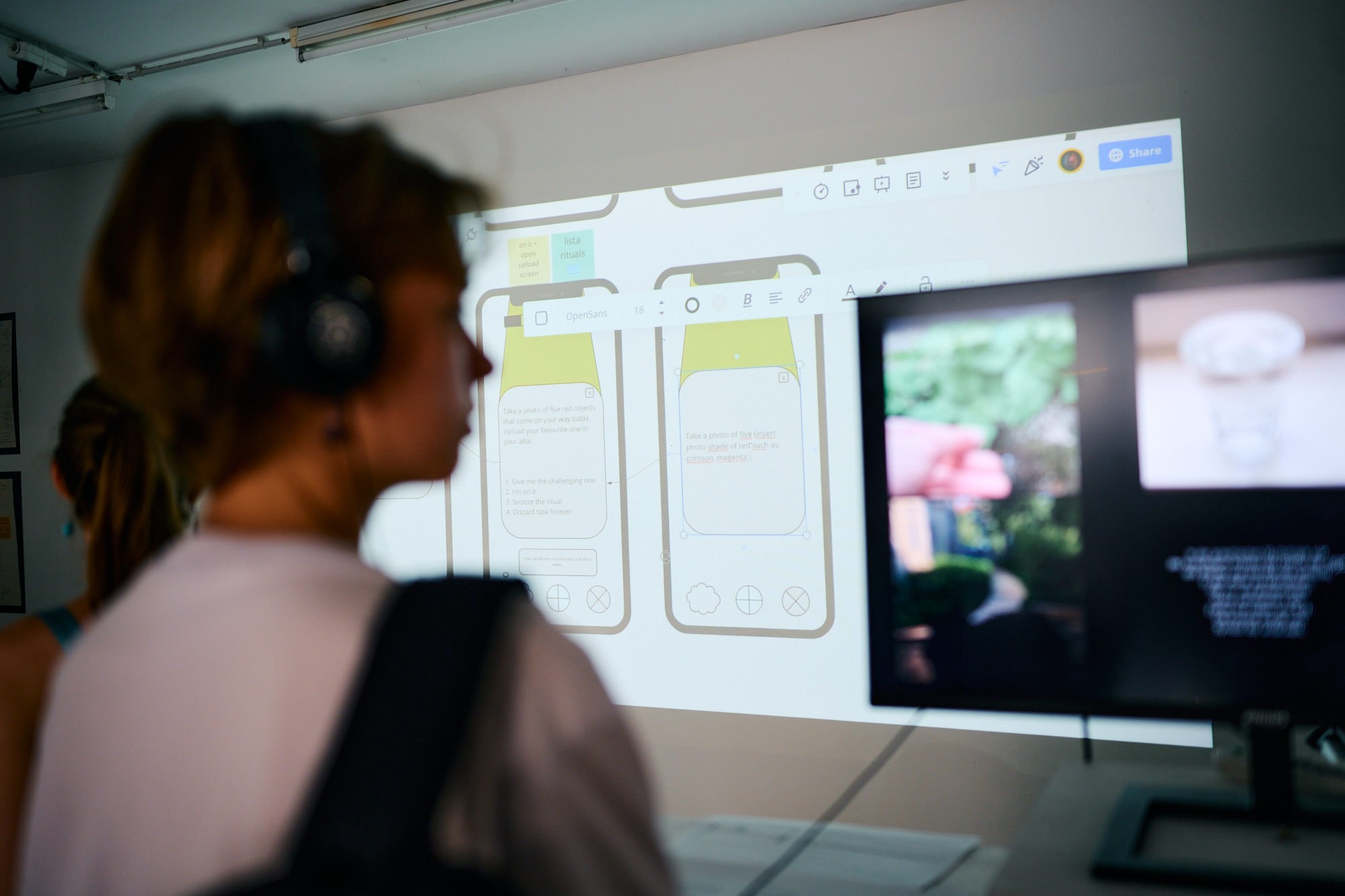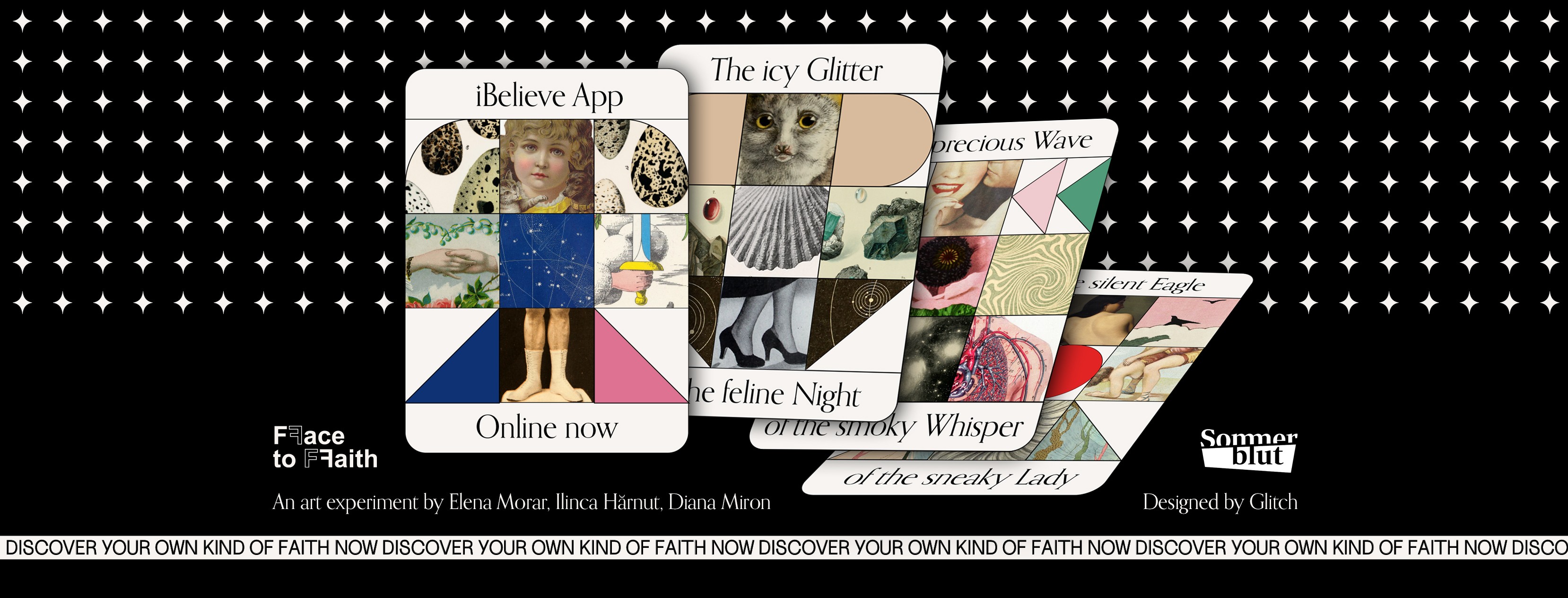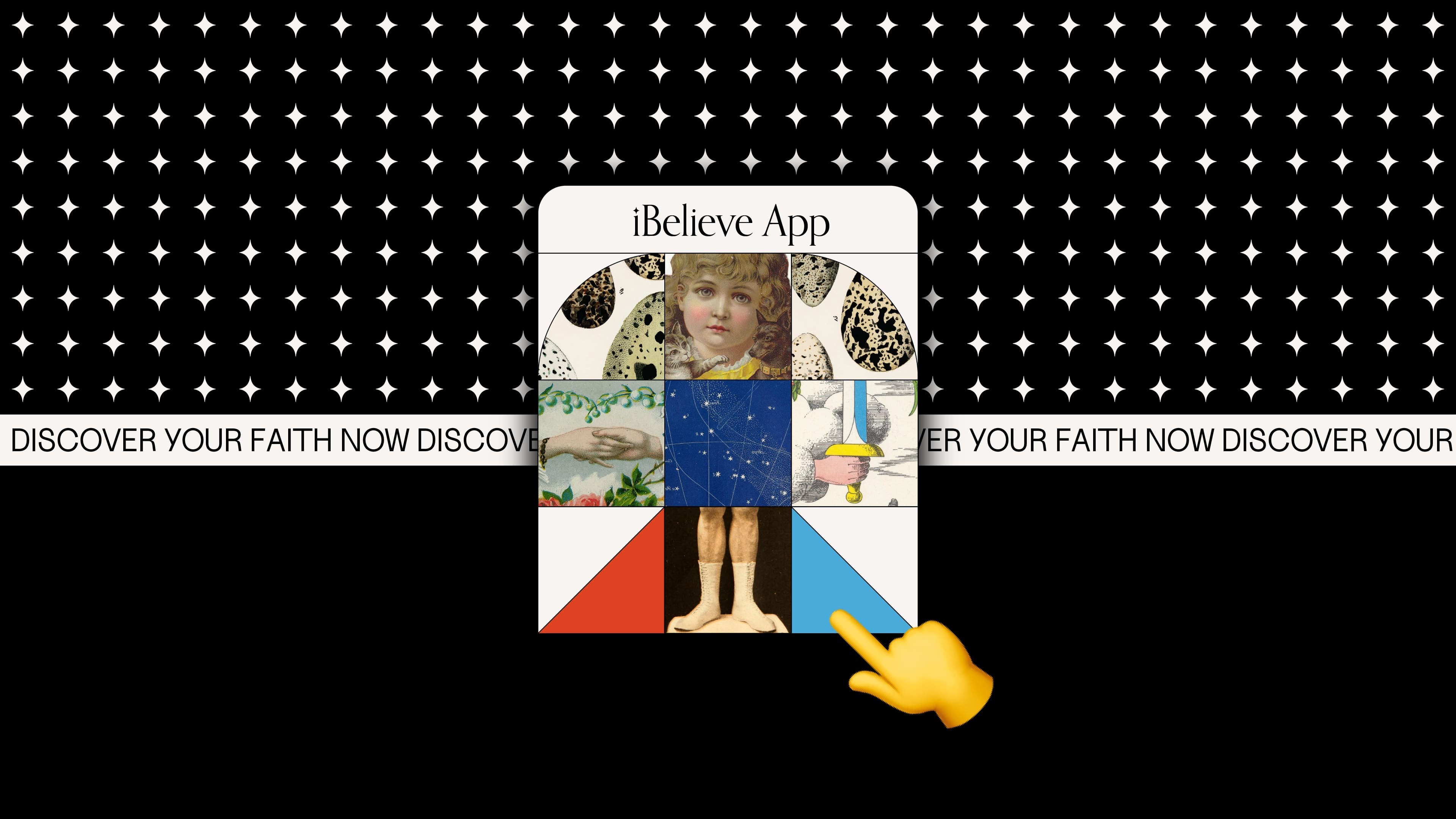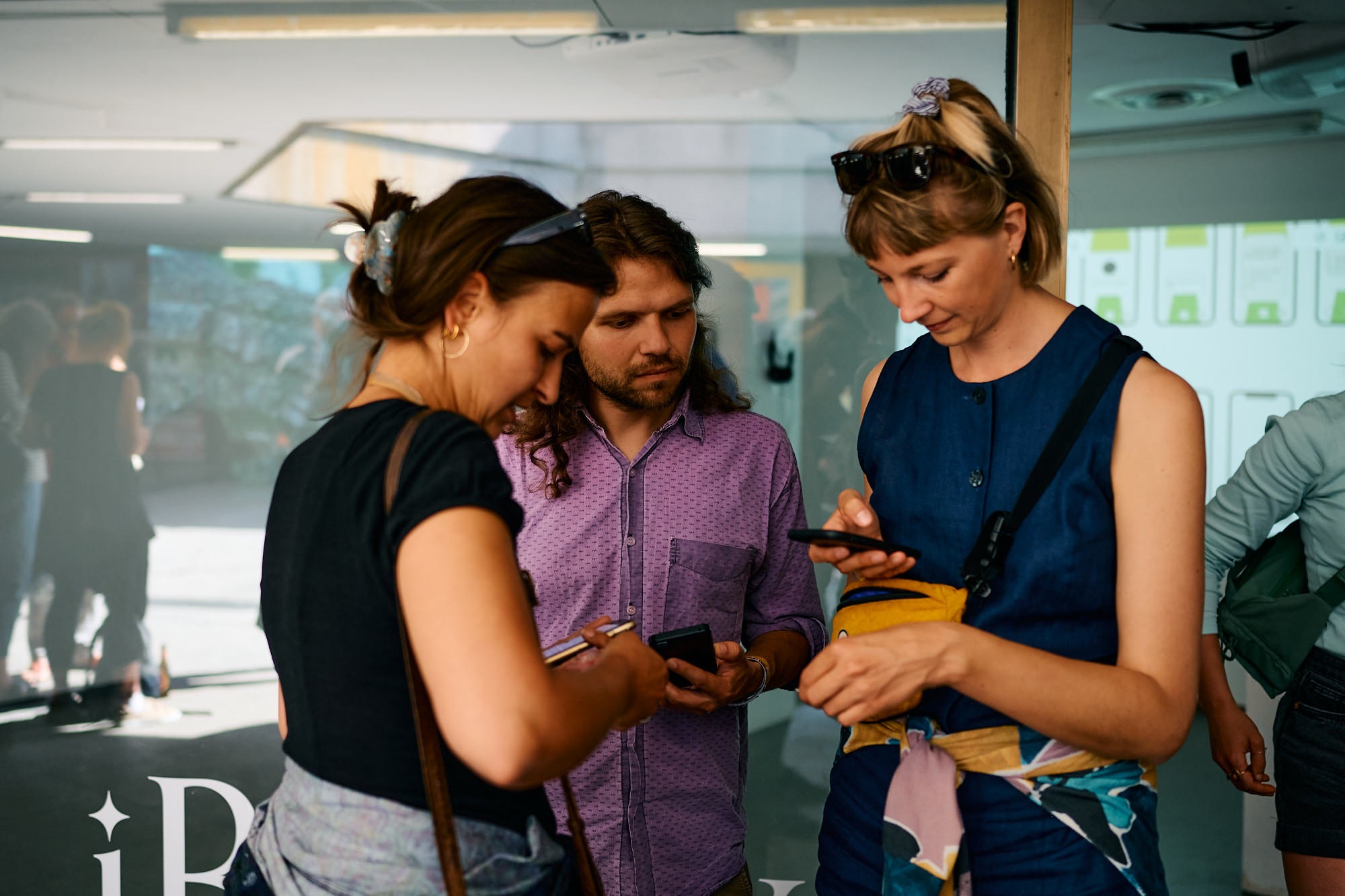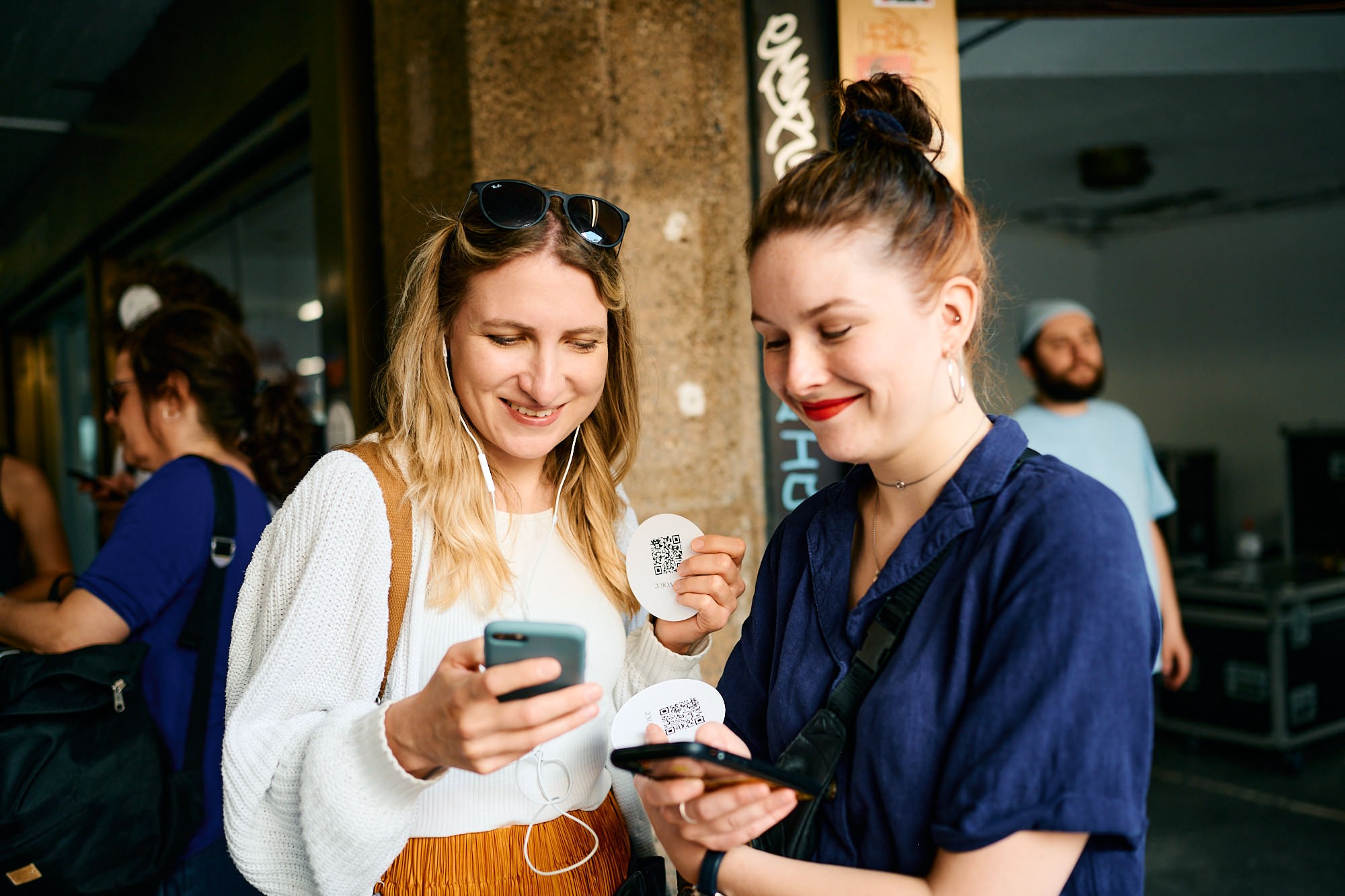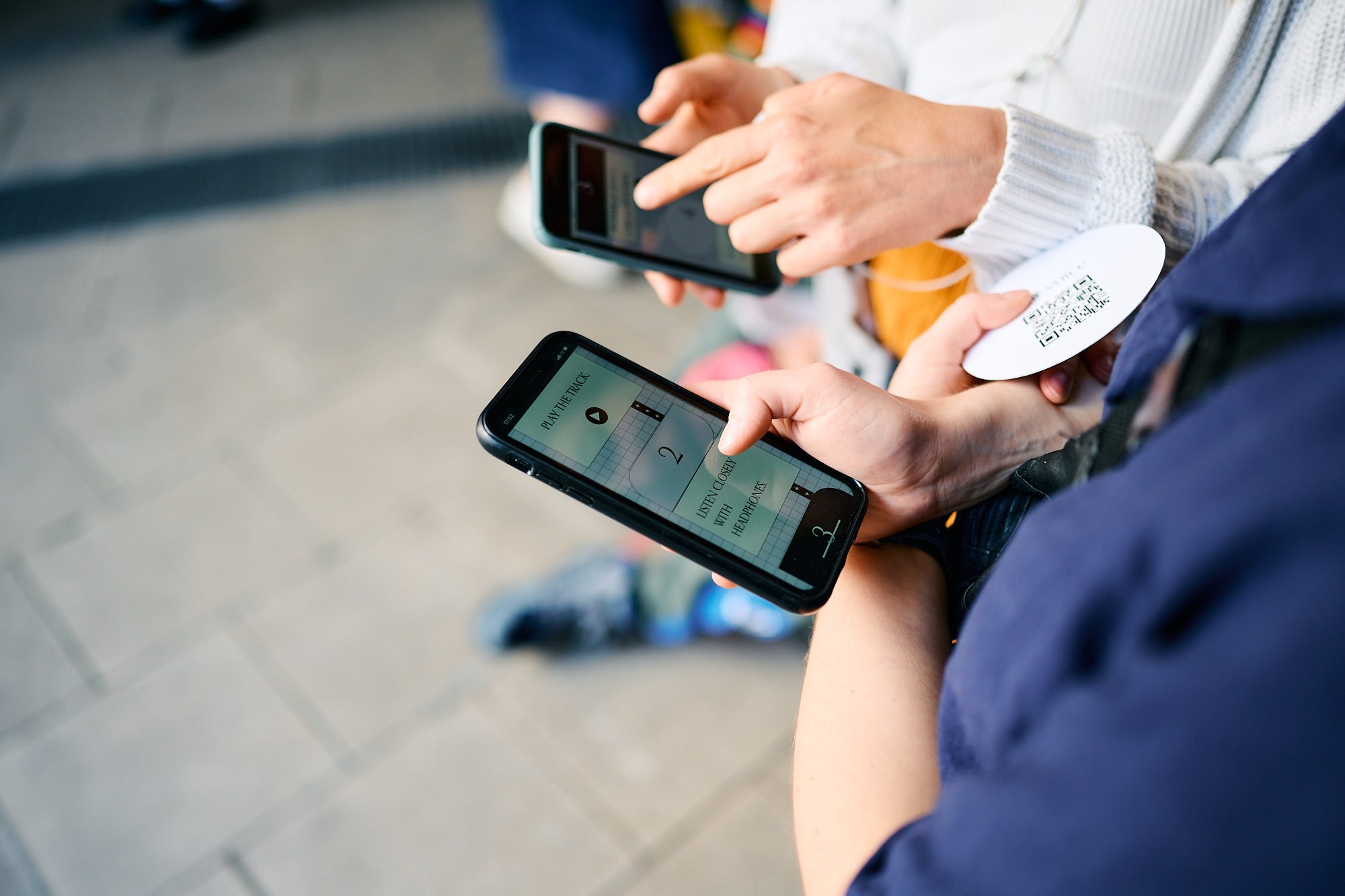AN INTERVIEW WITH THE OPEN CALL WINNING AUTHORS/TEAMS BEFORE THE START OF THE REHEARSAL AND CREATIVE PROCESS
Why is the topic of Faith important (for you)?
In my work as a theatre practitioner I have often explored topics of faith as subject matters of performances (such as My father, the Priest, a theatre show tackling sensitive issues around the social romanian climate and lgbtq+ communities). What is more, in my everyday theatre practice, I have often witnessed different, personalized relationships with faith symbols and practices, both in religious and non-religious colleagues. This set of theatre superstitions made me wonder if we don t all create somehow our own private system of faith or versions of religions, through trial and error?
What do you expect from the project?
We have as a starting point the psychological nature of a ritual. Through this app, that twists in a quirky way, by means of the AI output, commonplace coaching and self-improvement practices, the user can create a benign “para-religious” routine that fights against fear of the unknown.
Our goal is the realization by each participant, after a 30-days-testing-initiation, that you are your religion. Because you literally come to believe in yourself (the practices and rituals that root from you as magical thinking extensions), it is an experiment thought to bring you back to yourself, in a playful, ironical and mindful way.
The main objective is seeing if and how users are available or eager to interact with this set of completely invented faith guidelines, even though they know full well that they are AI-generated and have no "otherworldly" authority. This might act as medication against the alienation caused by the current post- pandemic. More than that, it might act as a catalyst for awareness about our own ideas, limitations, hopes and desires and add a building block in a world of tolerance and plurality of choices.
What do you know about the country / city where you are going to work?
The social and artistic diversity and effervescence of Cologne is known to us, but we have not been in direct contact with the city vibe or its performance scene so far, and this is also something that we are keen to explore. We know that the city fosters a positive, life-affirming, tolerant attitude to life that its inhabitants share and we have heard of the Kölsche Grundgesetz. Being an openly gay-friendly and multiethnic community, as well as a media hub for the rest of Germany, due also to being very well connected with neighbouring cities, we expect to find in Cologne a patchwork of ways of life and a welcoming space for developing and implementing our project. However, since our project is for the most part a digital, online-deployed one that will include participants from different countries, our focus will be on creating international bridges and our approach will not be centered locally but will use local knowledge and resources to create an app designed to be used from anybody anywhere in the digital world.
What are you looking forward to in this project?
We hope to explore, question, invent, dissect, discuss and most of all experiment the ways in which current technological AI advances can impact the way we perceive and interact with our inner system of belief. In this process we expect to meet interesting people, be exposed to different perspectives than our own and open a space of dialogue that will result not only in an exciting app product to be launched during Sommerblut Festival, but also in creating a network of practitioners spanning fields such as visual art, design, anthropology, performance and programming. Last but not least, we look forward to involving everyday people as participants in our tech-art experiment, whose unique points of view we wish to discover and include in the end result. Quite an adventure ahead of us!
What inspires you the most (not only in art)?
Our heritage comes from Romania, a country that has been a free democracy for the past 30 years but is still struggling to cope with demons of the past and to process deep traumas from the 20th century. Migration issues, scarcity of resources among the less fortunate, queer politics, ecology and climate, the rise of fundamentalism and the palpable danger of far right movements, personal data issues, freedom of speech, feminism, artificial intelligence, reproductive politics, body image and mental health issues – all of the above are themes which interest us artistically and personally. We firmly believe that being anchored in the here and now doesn’t need to blind us from keeping an aesthetic challenge open. This is why each one of us is keen on developing interdisciplinary work that feeds on our core formation (as theatre director, musician, composer or performer) but that extends the scope of our artistic journey beyond our specialization. It’s not a coincidence that the first project Ilinca Hărnuț, Diana Miron and I did together is a videopoems platform for Romanian female poetic voices, HerWord, since it encapsulates our desire to cross over disciplines, embrace new media and technologies and offer space and opportunity for the public to interact with new ways of artistic expression.






